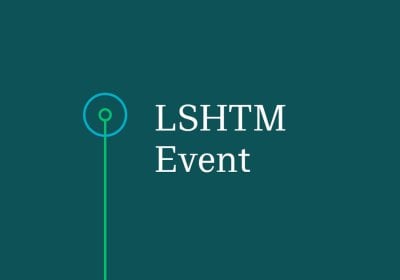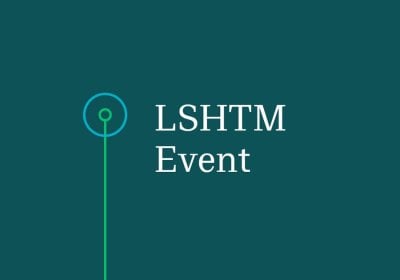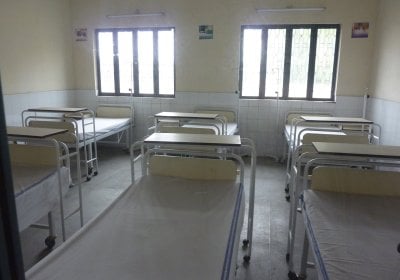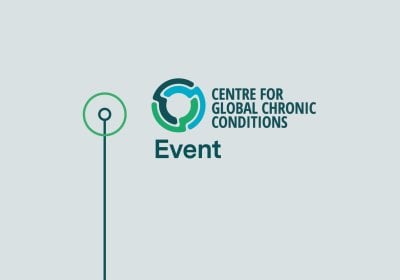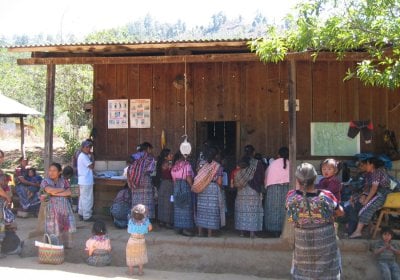Are we ready to fail? Speculation and ‘soft’ failure in Alzheimer’s disease drug development
In this lecture, we will hear from Richard Milne and Natassia Brenman on their work in the field of Alzheimer’s disease drug development; both embedded as socio-ethical researchers and as ethnographic observers. They seek to bring Richard’s empirical and conceptual interest in the theme of ‘failure’ in this field into conversation with new research led by Natassia on timing, speculation, and ‘readiness’ within a clinical trial platform (Brenman and Milne 2020).
The talk reflects on a shift in approach to Alzheimer’s disease, which places the emphasis on disease prevention and risk reduction, on ‘pre-disease’ states defined by biological markers of pathology, and the elaboration of ‘pre-competitive’ spaces within which to foster closer relationships between public and private sectors. Crucially, these shifts respond to persistent failures in Alzheimer’s disease research over the last two decades; failures that have led the BMJ to describe the field as “the graveyard of drug development”.
The response bears out in the empirical case on which this talk focuses: an adaptive trial platform designed to create the conditions for ‘soft’ failure through saving time and money and ultimately allowing drugs to ‘fail quicker’ (cf Montgomery 2017). The second part of the talk zooms in on the future oriented, often speculative work that goes into producing such a platform and managing the drug development pipeline. This requires a cohort of research subjects that are ‘ready’ for a drug that does not yet (and may never) exist. We show how the invocation of ‘not yet’ relates to both the development of symptoms and the development of a drug to treat these symptoms. We ask how we might participate in this speculative work, thinking through prevention not just in terms of ‘not yet’ but as ‘otherwise’ (McTighe and Raschig 2019).
Adopting this orientation towards the speculative, we consider how and when pharmaceutical futures might be allowed to fail, and what success might look like – within and beyond the logics of drug development.
About the speaker
Richard Milne is a sociologist of science, technology and medicine. He is based in the Society and Ethics Research Group at the Wellcome Genome Campus and in the Institute of Public Health at the University of Cambridge. Richard’s research examines social and ethical questions associated with biomedical science and technology, particularly related to data, diagnosis and dementia. In recent years it has examined changing approaches to the diagnosis and treatment of Alzheimer’s disease, notably the production of disease knowledges and categories and the acknowledgement and communication of risk and uncertainty. He currently leads a Wellcome Trust-funded project examining stakeholder perspectives on ethical challenges associated with data-driven approaches to dementia detection and diagnosis.
Natassia Brenman is an ESRC postdoctoral research fellow based in Goldsmiths sociology department. Her research uses ethnographic methods to explore the technologies, temporalities, and spaces of mental health and care. Natassia is currently developing work on detecting dementia in her new project on time and technology in neurodegenerative disease. This project speaks to a broader set of interests in the changing face of psychiatric diagnosis, including different or emergent ways of making sense of the ‘normal’ and the ‘pathological’ in mental health. Natassia received her PhD from the London School of Hygiene and Tropical Medicine in Medical Anthropology, and she currently holds an honorary position at the University of Cambridge Institute of Public Health.
Please note that the time listed is Greenwich Mean Time (GMT)
Brenman, Natassia and Richard Milne. 2020. “Becoming ‘not ready’: the case of the moving threshold in a dementia prevention trial” Somatosphere October 2020. http://somatosphere.net/2020/readiness-dementia-prevention-pharmaceutical-trials.html/
Montgomery, Catherine M. 2017. “From Standardization to Adaptation: Clinical Trials and the Moral Economy of Anticipation.” Science as Culture 26 (2): 232–54. https://doi.org/10.1080/09505431.2016.1255721.
McTighe, Laura and Megan Raschig. 2019. “Introduction: An Otherwise Anthropology.” Cultural Anthropology July 2019. https://culanth.org/fieldsights/introduction-an-otherwise-anthropology
Admission
Contact
